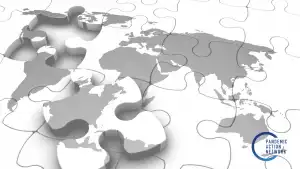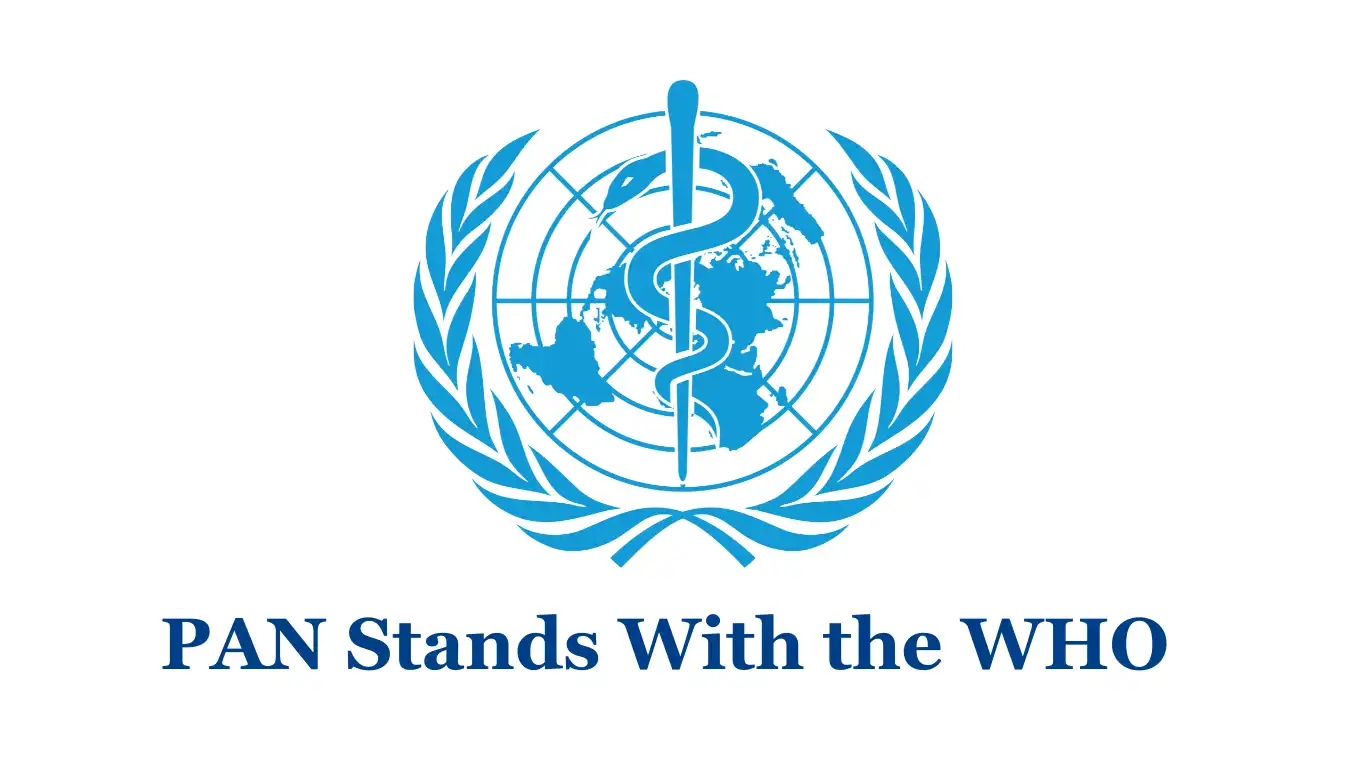July 14, 2020
By Carolyn Reynolds, Co-Founder, Pandemic Action Network
The wrong decision for America and the world
Last week, the Administration took the first formal step to initiate the US withdrawal from the World Health Organization (WHO). This decision will have huge negative consequences for America and the world – never more so than in the middle of a global pandemic.
Under the terms of the 1948 joint resolution of Congress authorizing membership in the WHO, there are two conditions for a US withdrawal: a one-year notice – on which the clock is now ticking – and full payment of outstanding US financial obligations, or assessed contributions, which currently total $203 million – $120 million for Fiscal Year 2020 and $83 million unpaid from Fiscal Year 2019.
More than ever, America needs the WHO, and the WHO needs America – its largest donor and most powerful member. Here is a brief look at how membership in the WHO serves America’s interests:
First, the pandemic has laid bare how infectious disease outbreaks anywhere in the world can quickly spread and put American lives and livelihoods at risk. Until there is a vaccine, no country will be safe. Ending the pandemic requires a united global effort, in which WHO plays an indispensable role. From providing technical guidance on proven public health interventions to coordinating international efforts to accelerate research, development and universal access to a COVID vaccine and therapeutics, countries around the world trust WHO and rely on its expertise to lead the COVID-19 response. The WHO-coordinated Action for Covid Tools Accelerator (ACT-A) and Solidarity Trial are unprecedented global efforts that will increase the likelihood of ending the pandemic faster.
Second, WHO has led global efforts to combat a host of other infectious disease threats. The eradication of smallpox in 1980, which killed an estimated 300 million people in the 20th century, is one of WHO’s greatest achievements. With sustained WHO leadership, the world is now extremely close to eradicating polio, down to just 176 cases worldwide in 2019. US political support and funding has been vital to this effort, and withdrawal could stall efforts to end this debilitating scourge to humanity. International efforts to fight influenza, HIV/AIDS, malaria, measles, and tuberculosis all depend heavily on the WHO – with US cooperation and funding – for support.
Third, WHO provides the backbone for the world’s infectious disease early warning system. Working closely with experts from the US Centers for Disease Control and the Agency for International Development, and through the Joint External Evaluations and oversight of the technical support, WHO helps governments assess their preparedness gaps and mobilize early detection and response efforts. US withdrawal will hobble WHO’s capacity and leave a major hole in our common global defense to pandemic threats, which are on the rise.
As of this writing, several Members of Congress (not enough!) had spoken up against the decision, among them retiring Senator Lamar Alexander (R-TN):
“Certainly there needs to be a good, hard look at mistakes the World Health Organization might have made in connection with coronavirus, but the time to do that is after the crisis has been dealt with, not in the middle of it. Withdrawing U.S. membership could, among other things, interfere with clinical trials that are essential to the development of vaccines, which citizens of the United States as well as others in the world need. And withdrawing could make it harder to work with other countries to stop viruses before they get to the United States. If the administration has specific recommendations for reforms of the WHO, it should submit those recommendations to Congress, and we can work together to make those happen.”
Both WHO and the US have many lessons to learn from this pandemic. WHO’s emergency response capacity has improved considerably in recent years, but there’s widespread consensus that additional reforms are needed. In May, WHO member states approved a resolution to conduct an impartial, independent and comprehensive review, and WHO Director-General Tedros announced that Former Liberian President and Former New Zealand Prime Minister Helen Clark will co-chair the panel. Among the many issues they will need to examine is WHO’s funding model and its limited ability to compel member states to act, including review of the International Health Regulations. The reality is that WHO is only as effective as its members allow it to be – and particularly its largest donor.
The health and security case for US membership and support for WHO is clear – and leaving WHO or trying to set up an alternative body will only serve to further erode US influence on the global stage. The decision to withdraw could be revoked at any time before the one-year deadline; presumptive Democratic nominee Joe Biden has said that if he were to become President he would reverse the decision on day one. But this should never be a partisan issue. The US should stay in and use its might to ensure a stronger WHO – to end this pandemic and help prevent the next one.



